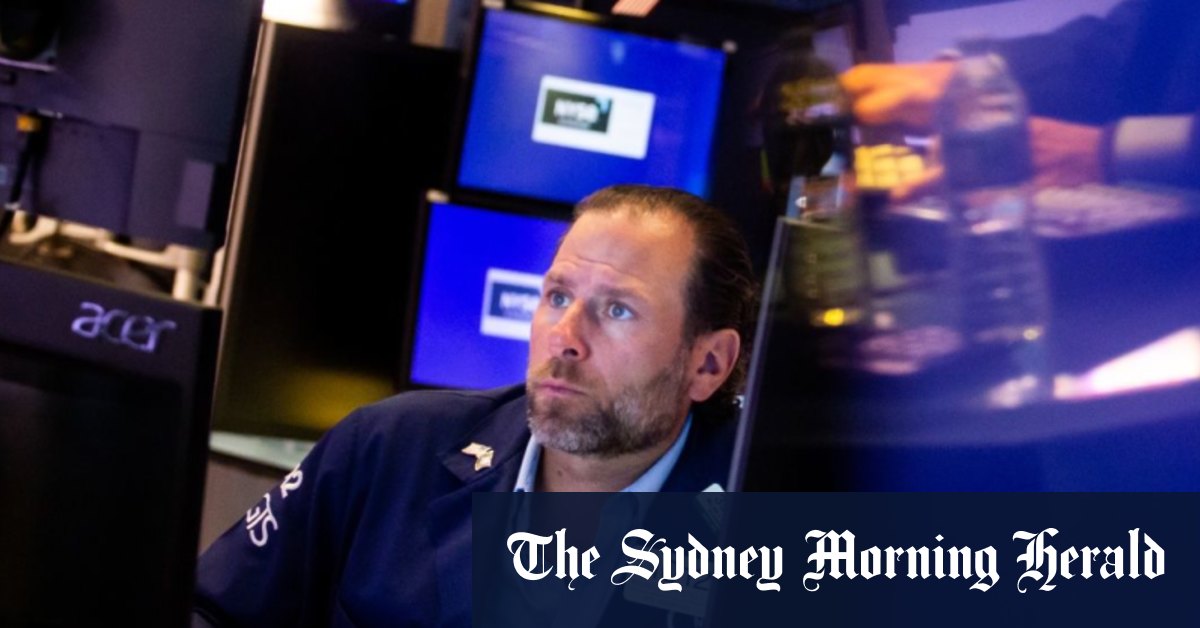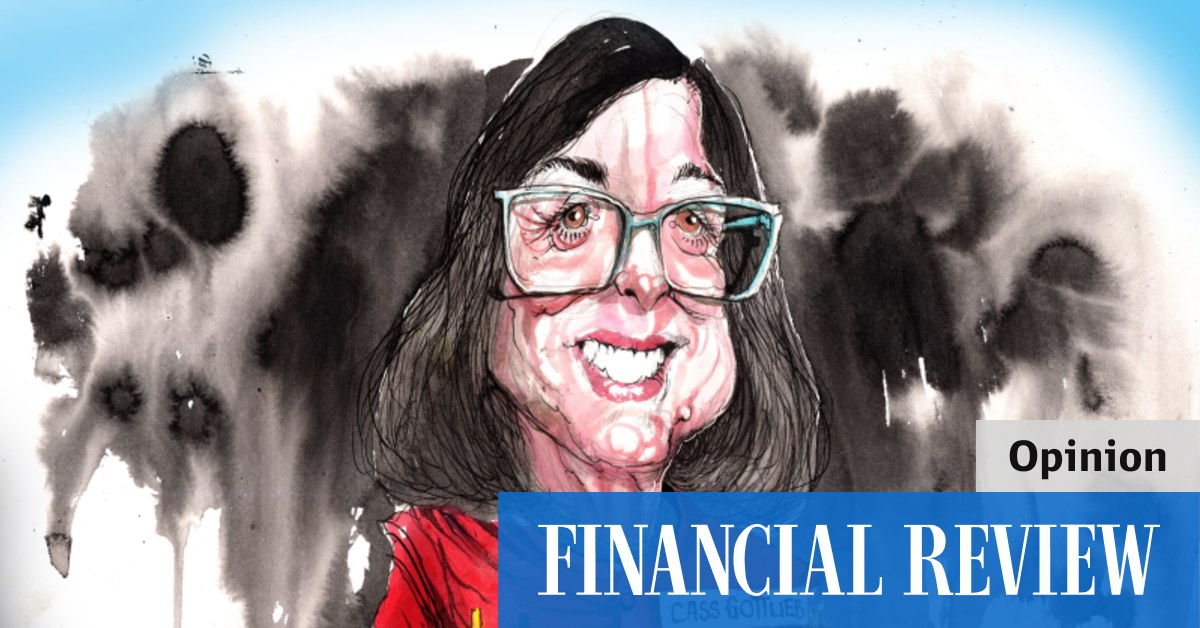Toll road developers Atlas Arteria (down 2.7%), IDP Education (down 2.3%) and Aristocrat Leisure (down 2%) were the biggest losers among large caps. Heavyweights BHP (down 0.9%) and Fortescue (down 1.8%) were also weak.
Lowdown:
Tony Sycamore, market analyst at IG Australia, said Thursday’s higher-than-expected jobs report will put attention back on the Reserve Bank’s next meeting.
“U.S. economic data in recent weeks have shown signs of easing, suggesting the Fed may be ending its rate-hiking cycle, but today’s Australian economy has ‘s jobs data will get the RBA’s May board meeting back.”
The stock exchange followed Thursday’s fall in U.S. stocks after minutes of the Federal Reserve’s last meeting showed the central bank was predicting a “moderate recession.”
But then the Australian Bureau of Statistics reported Thursday morning that the country created 72,200 full-time jobs last month, bringing total full-time employment to a record 9.7 million. Sycamore said the Reserve Bank could resume rate hikes if inflation data released on April 26 showed similar strength, “saw consumer stocks fall”.
On Wall Street, the S&P 500 closed 0.4% lower after oscillating between modest gains and losses. The Dow Jones Industrial Average fell 0.1% and the Nasdaq Composite fell 0.9%.
“The (economic) data is very mixed, with investors seeing positive or negative signs of the Fed’s rate hike policy,” said Greg Bassack, CEO of AXS Investments in New York. “I’m overreacting,” he said. “The volatility will continue. Investors will have to fasten their seatbelts.”
“The volatility will continue. Investors will have to fasten their seatbelts.”
AXS Investments CEO Greg Bassac
For more than a year, Wall Street’s main focus has been high inflation and how much painful medicine the Federal Reserve has to put out to contain it. Prices at the consumer level were 5% higher last month than last year, according to a report late last night.
This is still well above the Federal Reserve’s comfort level, and some potential trends within the data are also worrying. But on the upside for investors, overall inflation was still better than economists had expected of 5.2%.
Traders are still betting that the Fed will raise short-term rates by another 0.5% at its next meeting, according to CME Group data. They briefly covered up some bets in the morning on the possibility that the Fed would just keep rates on hold in his May.
“The Fed has every reason to pause, but only a handful of reasons not to,” said Brian Jacobsen, senior investment strategist at Allspring Global Investments.
Minutes from the Fed’s March meeting show policymakers have scaled back expectations for rate hikes this year after a series of bank failures last month roiled markets, suggesting a credit crunch stemming from the banking crisis. He stressed that he remained wary of the possibility of a further slowdown. US economy.
Before the collapse of Silicon Valley Bank on March 10th and its signature bank on March 12th sent turmoil across the global banking system, Fed officials were stubbornly pushing for a few more rate hikes in 2023. were looking to bring high inflation back under control. But officials adjusted their views after the shock to the banking system, the minutes showed.
The Fed raised interest rates at its March meeting, but only by a quarter of a percentage point. Fed Chairman Jerome Powell said in a post-meeting press conference that whether and how much the Fed will adjust policy going forward will depend on what happens to both credit conditions and economic data going forward. I made it clear that there is
High interest rates can keep inflation down, but they only slow down the economy as a whole. This increases the risk of an ensuing recession, during which prices of stocks, bonds and other investments will fall. The Federal Reserve (Fed) has already hiked interest rates at a breakneck pace over the past year, hurting parts of the economy and creating tensions within the banking system.
As such, many investors and economists expect at least a short, shallow recession to hit the economy later this year. As a result of various problems in the banking industry, if banks refrain from lending, the impact on the economy could be even stronger.
The bond market has shown more nervousness about the possibility of a recession, and traders expect the Fed to be forced to cut interest rates later this year to support the economy.
Yields fell shortly after the inflation report on Wednesday but held back losses late in the trading session. Helps set interest rates for mortgages and other important loans.
Two-year US Treasury yields, which are heavily influenced by the Federal Reserve’s expectations, fell to 3.98% from 4.03%.
US stock markets, on the other hand, show relatively little anxiety. So far this year is still upbeat. There is also hope that the Fed will be able to strike a balance between slowing the economy just enough to stifle inflation, without causing a deep recession that hurts corporate profits.
US companies will start telling investors later this week how much they’ve made in the first three months of the year. Expectations are low, with many analysts predicting that this will bottom out as analysts forecast the worst drop in S&P 500 earnings per share since the pandemic devastated his economy in 2020. and expects to return to growth in the second half of the year.
American Airlines Group fell 9.7% after reporting lower-than-expected first-quarter profit forecasts by some analysts. He said he expects the company to report stronger results than originally expected, but still not enough to meet many analysts’ earnings-per-share estimates.
It posted the biggest loss in the S&P 500 and contributed to the decline of other airline stocks. United Airlines Holdings fell 6.7%, Southwest Airlines down 2.3% and Delta Air Lines down 2.6%.
Tweet of the day:
Quote of the day:
Sean Cousins, retail analyst at UBS, said as Australia’s retail sector braced for a downturn, “not just food, but also alcohol, given the low cost of home consumption, there is a growing demand for at-home consumption. We expect more consumption and less consumption outside the home.” Shock from changes in consumer spending.




